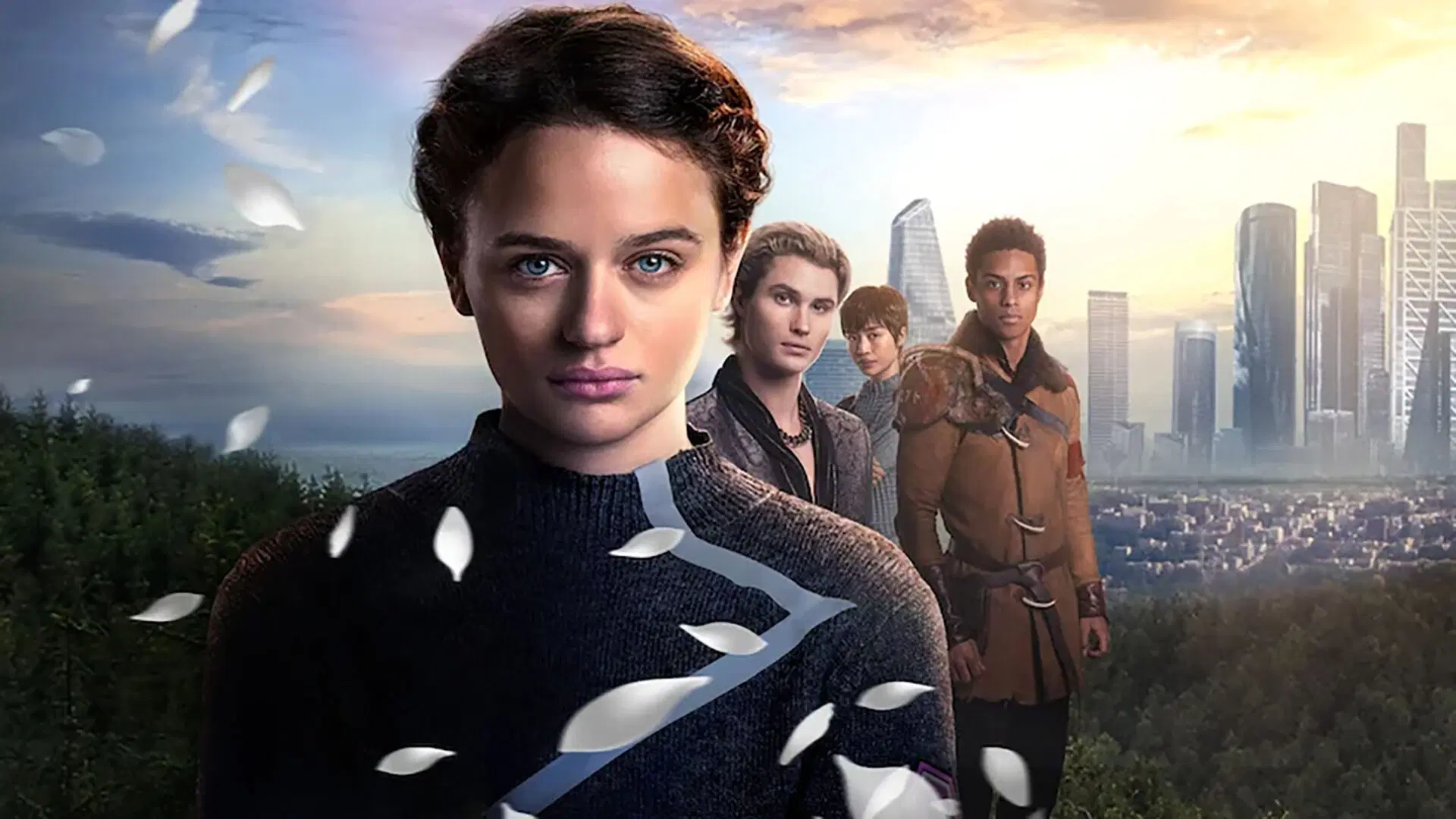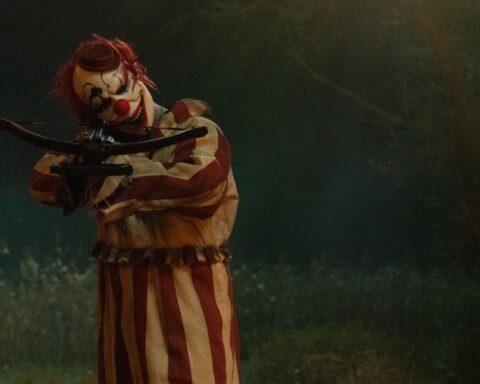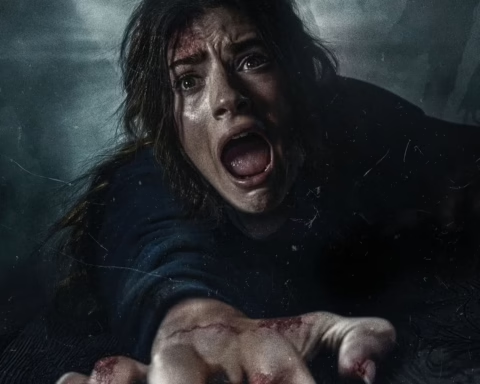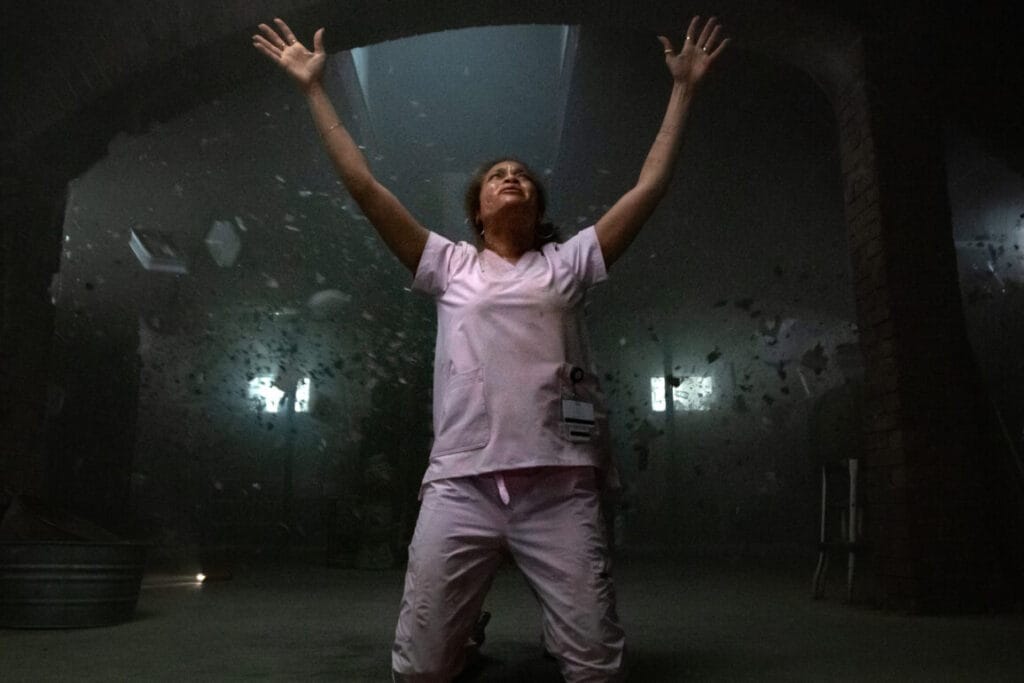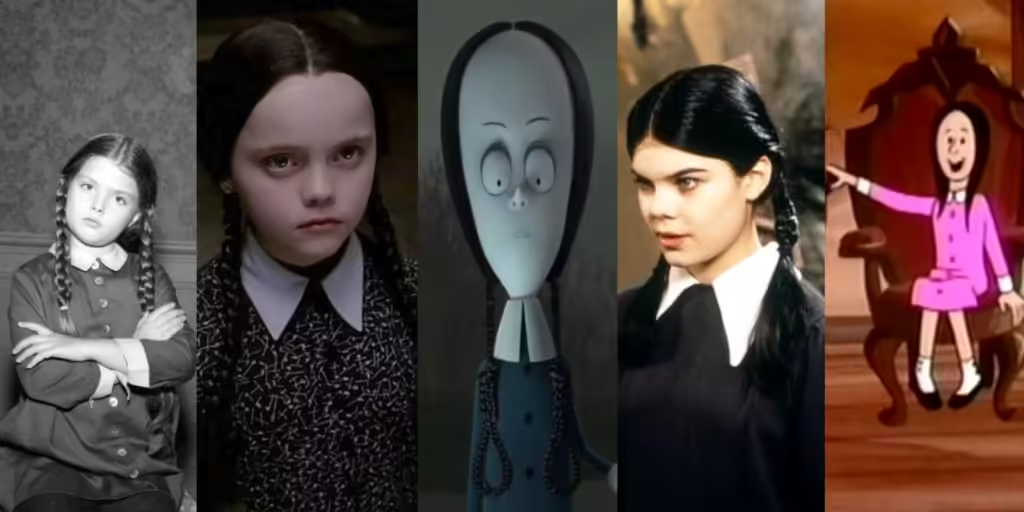Uglies on Netflix is a catastrophe from the opening scene to the eye-roll-inducing cliffhanger, and frankly, it’s shocking how badly this adaptation misses the mark. Directed by McG, a man whose best work (Charlie’s Angels, if we’re being generous) is already two decades behind him, Uglies is a laughably misguided attempt to tap into the dystopian young adult craze. However, what we get instead is a cringe-worthy, undercooked mess that feels like it was written by someone who skimmed the Wikipedia summary of the book and said, “Good enough.”
The plot is set in a dystopian future where everyone undergoes extreme plastic surgery at 16 to become a “Pretty,” eliminating all physical differences. The concept, while inherently interesting, is delivered with the subtlety of a sledgehammer. Our protagonist, Tally Youngblood (played by Joey King), is an “Ugly” mere months away from her Transformation, yet her “ugliness” is as convincing as a reality star claiming they’ve “never had any work done.” Apparently, in this world, being “ugly” means you just don’t contour. King’s Tally is supposed to be an awkward, imperfect teenager, but her airbrushed appearance makes the whole premise feel like a parody.
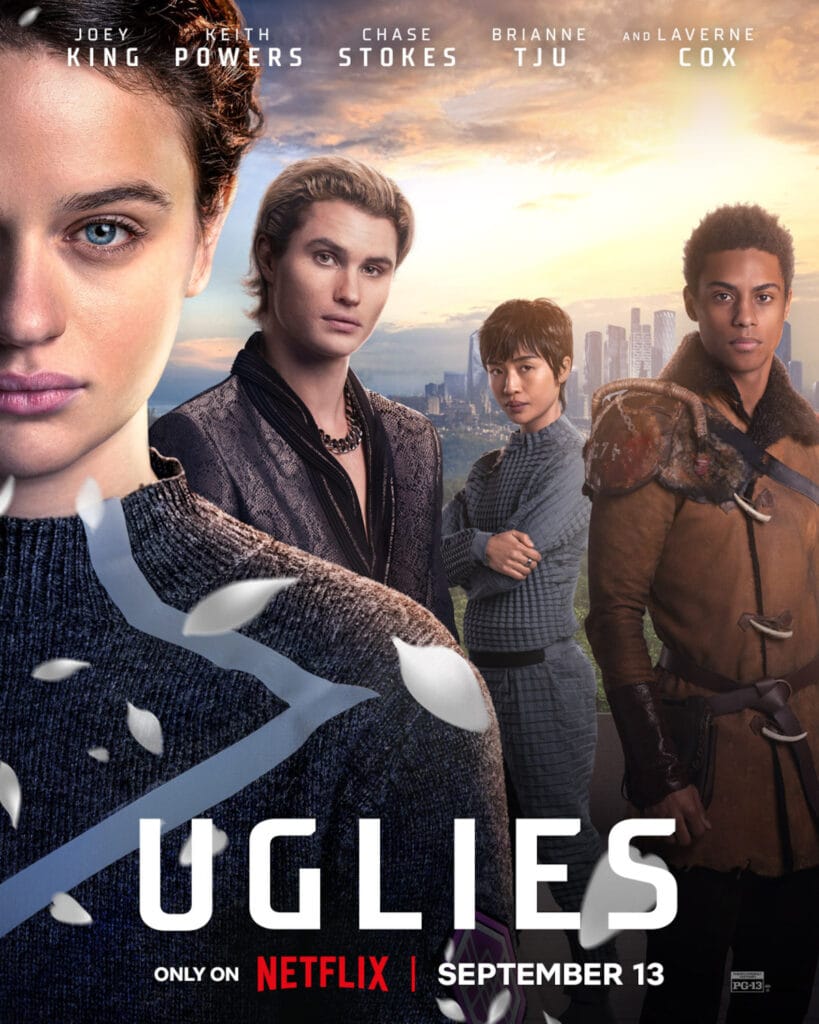
The film tries to sell a deep message about the dangers of a society obsessed with physical appearance, but it’s hard to take any of it seriously when none of the so-called Uglies look remotely unattractive. Shay, David, and Croy – the rebellious “Uglies” – all look like Abercrombie models who simply forgot to put on Kardashian-level makeup. The Pretties? Essentially the same people with glitter and filters, which would be laughable if the movie didn’t expect us to buy into its heavy-handed moralizing. It’s like telling people to embrace their natural beauty while making sure your Instagram filter game is on point.
Joey King, who proved she could handle action in The Princess, is utterly wasted here. Her character is supposedly a naïve, unathletic teen who’s spent most of her life lounging in dystopian dorms, yet she suddenly morphs into an action hero with hoverboard skills, rock-climbing prowess, and combat-ready reflexes. Apparently, in McG’s universe, the only training you need is a tragic backstory and an obligatory “rebellion montage.” Brianne Tju as Shay (AKA “Skinny,” because why not toss in a nickname that sounds like it was crafted by a 12-year-old?) and Chase Stokes as Peris (or “Nose,” because of course) are equally miscast, failing to capture the depth (or even basic teen angst) required to make their roles compelling.
The storyline itself is a Frankenstein’s monster of predictable YA dystopian tropes cobbled together with zero finesse. After her best friend Peris undergoes the Transformation and ditches her for the shallow world of endless parties and selfies (because yes, even in this supposedly advanced society, people are still addicted to selfies), Tally embarks on a quest to find him, only to get dragged into a rebellion. We get a cookie-cutter villain in the form of Dr. Nyah Cable (played with over-the-top glee by Laverne Cox, who is perhaps the only person aware of how ridiculous this movie is). Cox hams it up as the evil surgeon who promises perfection but, surprise, has a nefarious agenda to keep everyone docile and brainwashed.

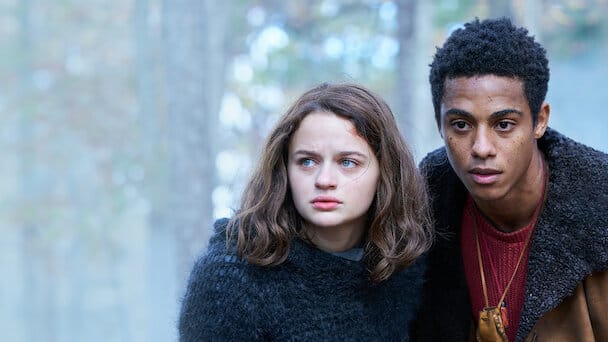
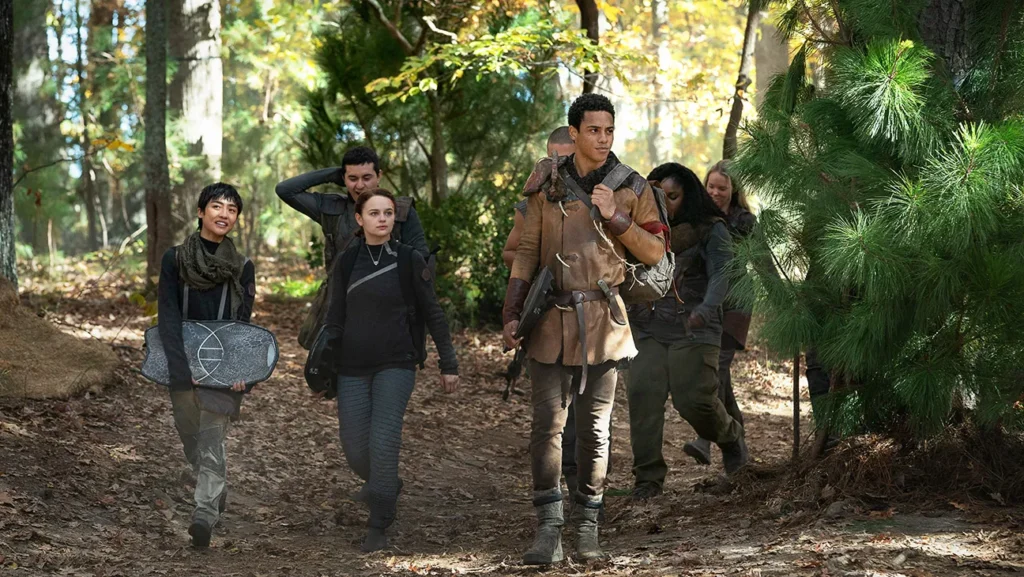
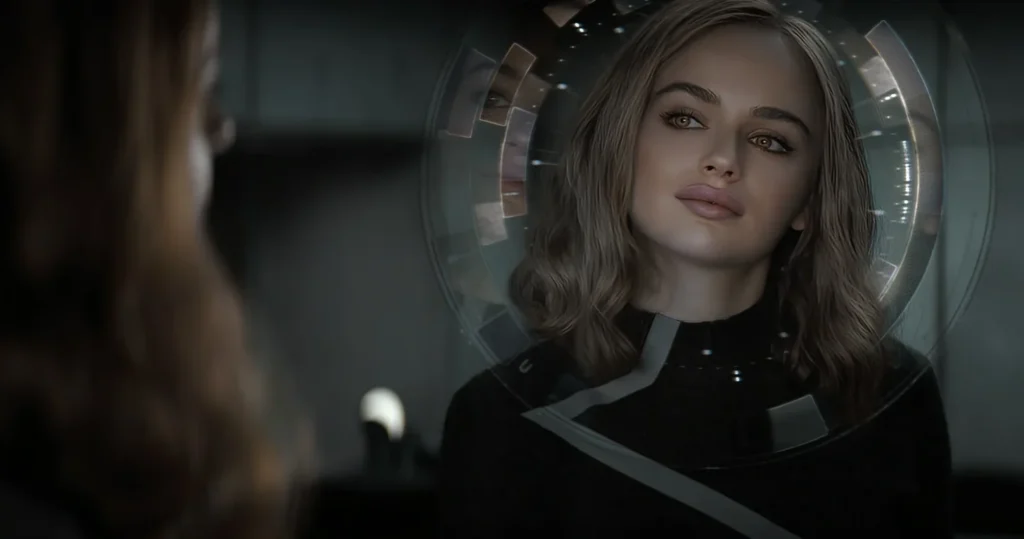
The CGI is an eyesore. From hoverboards that look like they were rendered on a Windows 95 system to flying vehicles that lack any sense of weight or realism, the special effects are as fake as the movie’s message. The action sequences are equally laughable, with Tally somehow becoming an expert on all things extreme sports despite never having done anything remotely athletic. It’s hard not to scoff when she’s scaling walls, dodging drones, and performing aerial stunts like a seasoned pro, all without any logical explanation.
McG also serves up a heavy dose of cringe with the film’s soundtrack. Teen dystopian rebellion paired with a Death Cab for Cutie cover? Really? The music cues feel like they were chosen by someone who’s been frozen in time since 2007 and thinks every emotionally fraught moment should be backed by an angsty pop ballad. The overall vibe is less dystopian thriller and more “teen drama with a Spotify playlist.”
What’s most frustrating is that the world-building, which could have been a strong point, is as flimsy as a house of cards. We’re given a vague sense of a future society that’s somehow mastered solar-powered helicopters and synthetic fuel but can’t shake its obsession with superficiality. The idea of a society collapsing because it’s hooked on aesthetic perfection feels ripe for exploration, but Uglies manages to fumble every possible opportunity to dig deeper into its own universe. Instead, we get a shallow rehash of the “look beyond appearances” trope, executed with all the grace of a clunky after-school special.
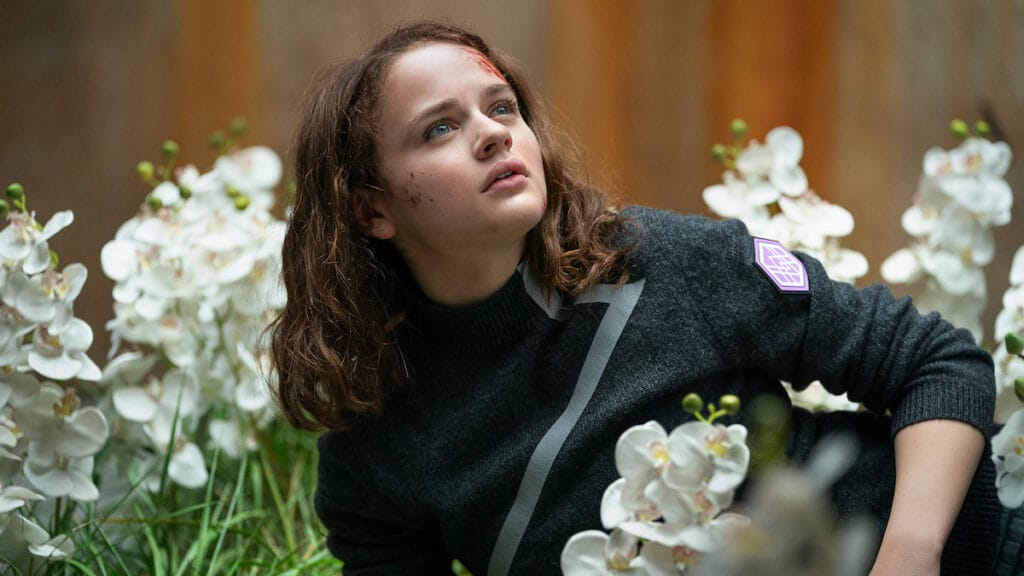
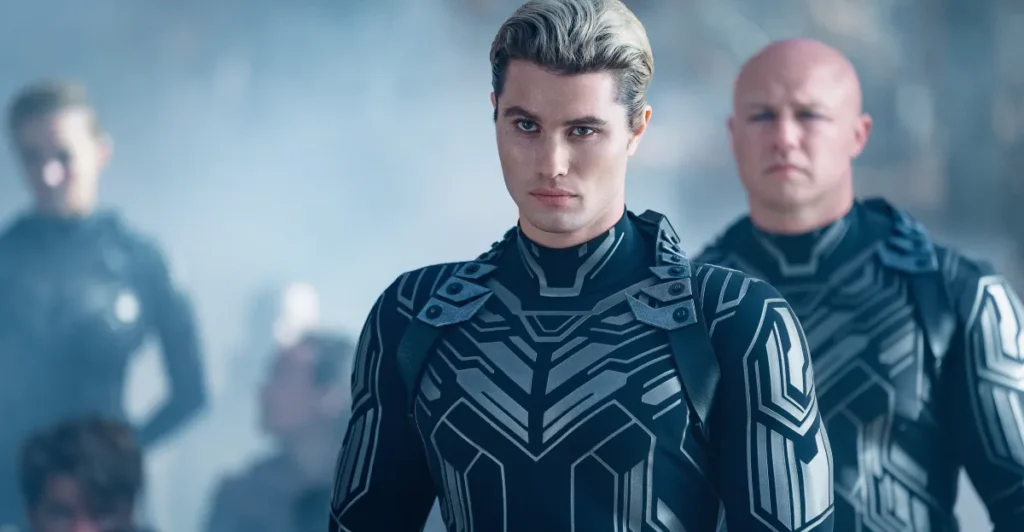


The third act (and I use the term “act” loosely here) descends into pure chaos. Hoverboards, fire, special ops teams, and a rebellion straight out of YA Dystopia 101 converge in a series of nonsensical action scenes that defy both logic and physics. By the time Tally and David (her love interest, because of course she falls in love with the rugged, “dangerous” pretty boy rebel) go on a mission to burn down a field of flowers that’s somehow both killing the environment and powering society, you’re left wondering if the script was written by a sentient AI programmed to churn out the most generic plot possible.
In short, Uglies is a trainwreck – one that’s neither enjoyable in its badness nor meaningful in its message. It’s a tedious, visually ugly (irony!) slog through every YA trope imaginable, devoid of originality, intelligence, or charm. Which is undeserving to the book which is not as painfully executed.
